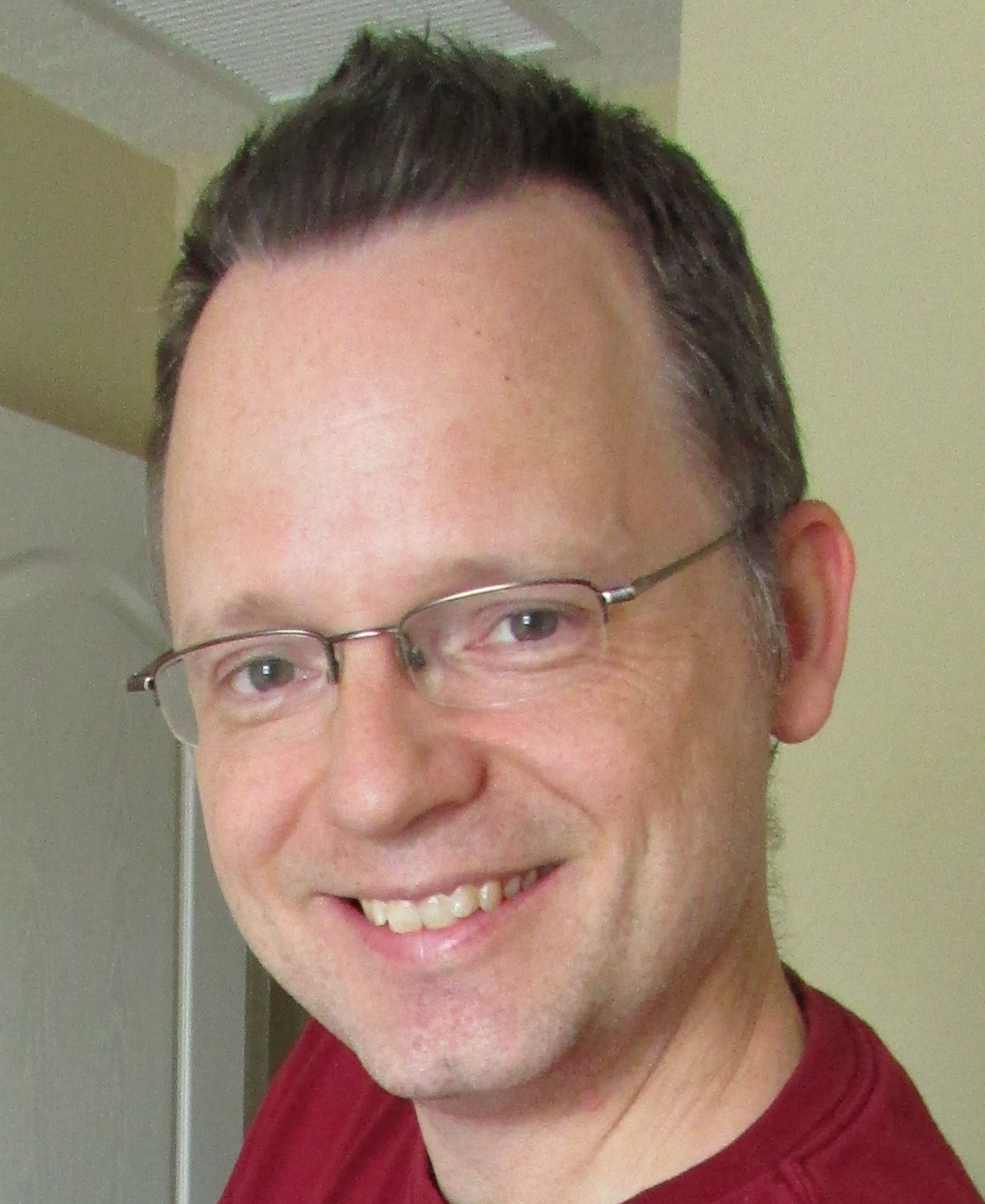Robert Heinlein was one of the “big three” science fiction writers of his era. Along with Arthur C. Clark and Isaac Asimov, his prize-winning stories were hailed, and his critique of conventional norms, such as nonviolence and pacifism, captivated his audience. In particular, the 1959 book Starship Troopers illustrated political and religious issues that continue to engage Christian Realists today. The book takes brutal aim at pacifism, and thirty-eight years later it was made into the popular 1997 sci-fi film of the same name. Starring Caper Van Dien. as “Johnny Rico,” the hapless high-school graduate who, looking for love, ends up enlisting in the military, fighting aliens, and transforming his life and worldview. Starship Troopers reflects concerns about the Cold War, pacifism, and the struggle of American values.
For those unfamiliar with the book, the plot is notoriously simple. An alien species with a hive-like mentality, simply called “the Bugs,” strikes Earth with a devastating and unprovoked blow, threatening humankind’s very existence. Unlike most alien invasion movies, Heinlein’s writing relentlessly jabs at themes of complacent pacifism. In a rare moment where book and film are saying the same thing, Johnny Rico’s High School teacher in History and Moral Philosophy attacks the naiveté of a student pacifist. She had boldly suggested “violence never settles anything.” The teacher, Mr. Dubois, rebukes the student saying “Anyone who clings to the historically untrue – and thoroughly immoral – doctrine ‘violence never settles anything ’ I would advise to conjure up the ghosts of Napoleon Bonaparte and the Duke of Wellington and let them debate it. The ghost of Hitler could referee, and the jury might be the Dodo, the Great Auk, and the Passenger Pigeon.” Point made. For better or worse, violence has played a decisive role in human history.
In the novel, this distinction is made between a soldier and a civilian: “A soldier accepts personal responsibility for the safety of the body politic of which he is a member, defending it, if need be, with his life. The civilian does not.” In the film, the dichotomy is between citizen and civilian, but the point is the same: in this futuristic society, those who take responsibility for their society are prepared to take up arms to defend it. If this condemnation of pacifism were somehow unclear, the same teacher, Mr. Dubois, pens a letter to Johnny Rico, proudly affirming his service to defend Earth against the alien Bugs. Dubois writes: “The noblest fate that a man can endure is to place his own mortal body between his loved home and wars desolation.” Without doubt, Heinlein criticizes pacifism as naïve, and proudly embraces the duty to fight for those we love.
What should a Christian Realist make of this? With the conflicts embroiling Ukraine and Israel, we must consider how controversial Heinlein’s themes of militarist republicanism might seem in today’s far more democratic, equality-minded society. Heinlein’s sharp dichotomy between “soldier” and “civilian” may be an undemocratic extreme that the author himself would not endorse, but the valid point is that the pacifist ideal is not the historical norm.
Today, peace is benignly, yet somewhat naïvely accepted as the status quo, and any departure from it involves cries about war’s injustice and horror. And war is invariably horrible, but the character of Mr. Dubois is as right in the film as in the book: war has indeed, tragically, been the routine basis of civilization, advancing power, interest, and consolidating or preventing nationhood. It has been the all-too-common practice of our species. At least until the 20th century, when it dawned on us that the U.N., and among other organizations, must do more to peacefully resolve conflicts. And yet, in that century alone, we experienced some of war’s worst horrors.
War is not glorious. Although “Just War” principles can be supported, and have been, the dawn of war is marked by the sunset of all other just and reasonable efforts to secure peace. War is the last resort when all other recourses of reason and justice have failed; at least it is on the part of the good citizens who wish to avoid it. For the more belligerent, it has been a way to empower which thwarts the very principles we cherish. Its grim necessity is affirmed by realists, its horrors rightly condemned by pacifists.
Heinlein’s Starship Troopers illumines more than the stark contrasts of just war advocates and pacifists. Its themes reflect the Cold War, which in reality took the form of capitalism vs communism. In the book, the Cold War theme is portrayed by the existential battle between humanity and the relentless “Bugs.” A telling comment reveals some of Heinlein’s Cold War opinions. The alien “Bugs” are a communal hive, who easily send their workers to sacrifice themselves in combat; life is cheap and of no intrinsic value to them. Heinlein writes, “We were learning, expensively, just how efficient a total communism can be when used by a people actually adapted to it by evolution; the Bug commissars didn’t care anymore about expending soldiers than we cared about expending ammo.” This reflective comment on human temperament and evolution has this to say about our species: that we are not cut out for a total “hive-like” devotion to any centralized government, not without question, struggle, gripe, and often extreme reservation. Democracy is the environment we require.
In a nutshell, Heinlein is saying that our species is neither cut out for pacifism nor communism. We are beings that, while valuing individualism over “total communism,” we also recognize that freedom comes at a personal cost to each of us, and that the love we are commanded to give to others may not be reciprocated. This is why Heinlein’s book makes a much deeper and lasting impression than most others, and of course, runs deeper than the film. It touches on some of the most sensitive and important aspects of our human nature, politics, and religion.






